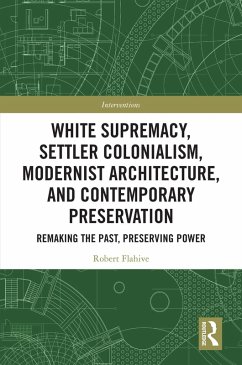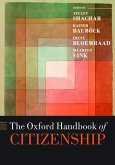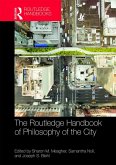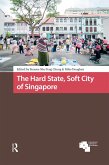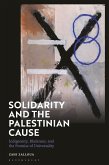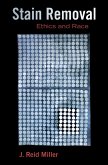This book examines the afterlives of the built environment produced through early 20th-century settler colonialism. The author analyzes contemporary architectural preservationists' narrative strategies to remake what were designed as racialized "European" zones - in opposition to "Indigenous" zones - as white cities through the documentation, preservation, and addition to the UNESCO World Heritage List. This book interrogates the fashioning of white cities through ethnographic methods with local architectural preservationists and primary sources, such as World Heritage Committee meeting notes and World Heritage List nomination files and inscription materials, in the preservation of built form in Asmara, Brasília, Casablanca, Rabat, and Tel Aviv.
The book is aimed at scholars and students interested in the politics of the built environment, spatial politics, urban studies, architectural history, international relations, urban geopolitics, settler colonialism, international organizations, and the politics of commemoration.
Dieser Download kann aus rechtlichen Gründen nur mit Rechnungsadresse in A, B, BG, CY, CZ, D, DK, EW, E, FIN, F, GR, HR, H, IRL, I, LT, L, LR, M, NL, PL, P, R, S, SLO, SK ausgeliefert werden.

